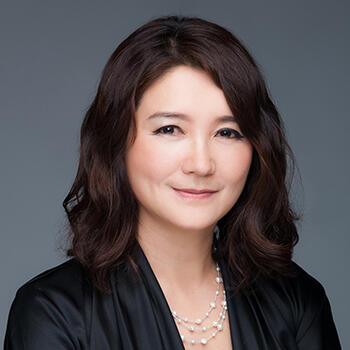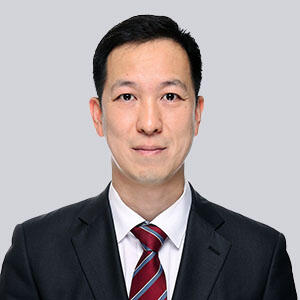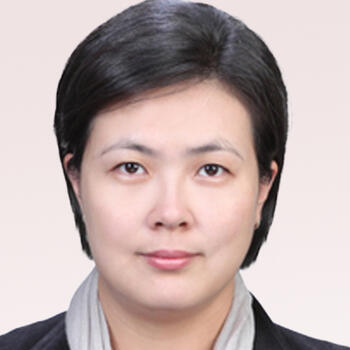North Korea’s Evolving Nuclear Doctrine: An Interview with Siegfried Hecker
North Korean officials, including Kim Jong Un, have made several statements in recent months that begin to bring clarity to the country’s evolving nuclear doctrine. Within those statements, there has been a notable emphasis on the role of tactical nuclear weapons (TNWs) in the Democratic People’s Republic of Korea’s (or, North Korea’s) larger nuclear strategy and the potential for early nuclear use should conflict break out on the Korean Peninsula.
38 North Director Jenny Town recently met with Dr. Siegfried Hecker, Senior Fellow (emeritus) at the Freeman Spogli Institute for International Studies at Stanford University, to discuss these developments and what they could mean for future North Korean nuclear activities, and potential new security challenges.
Read the rest at 38 North
North Korean officials, including Kim Jong Un, have made several statements in recent months that begin to bring clarity to the country’s evolving nuclear doctrine. Within those statements, there has been a notable emphasis on the role of tactical nuclear weapons (TNWs) in the Democratic People’s Republic of Korea’s (or, North Korea’s) larger nuclear strategy and the potential for early nuclear use should conflict break out on the Korean Peninsula.

















 Jenny Jun is a PhD Candidate in the Department of Political Science at Columbia University and Nonresident Fellow at the Atlantic Council’s Cyber Statecraft Initiative. Her current research explores the dynamics of coercion in cyberspace. Her broader interests include cyber conflict, North Korea, and security issues in East Asia. Jenny is a co-author of the 2015 Center for Strategic and International Studies (CSIS) report North Korea’s Cyber Operations: Strategy and Responses, published by Rowman & Littlefield. She has presented her work on North Korea’s cyber operations at various panels and has provided multiple government briefings and media interviews on the topic. She received her MA and BS each from the Security Studies Program (SSP) and the School of Foreign Service (SFS) at Georgetown University.
Jenny Jun is a PhD Candidate in the Department of Political Science at Columbia University and Nonresident Fellow at the Atlantic Council’s Cyber Statecraft Initiative. Her current research explores the dynamics of coercion in cyberspace. Her broader interests include cyber conflict, North Korea, and security issues in East Asia. Jenny is a co-author of the 2015 Center for Strategic and International Studies (CSIS) report North Korea’s Cyber Operations: Strategy and Responses, published by Rowman & Littlefield. She has presented her work on North Korea’s cyber operations at various panels and has provided multiple government briefings and media interviews on the topic. She received her MA and BS each from the Security Studies Program (SSP) and the School of Foreign Service (SFS) at Georgetown University.
